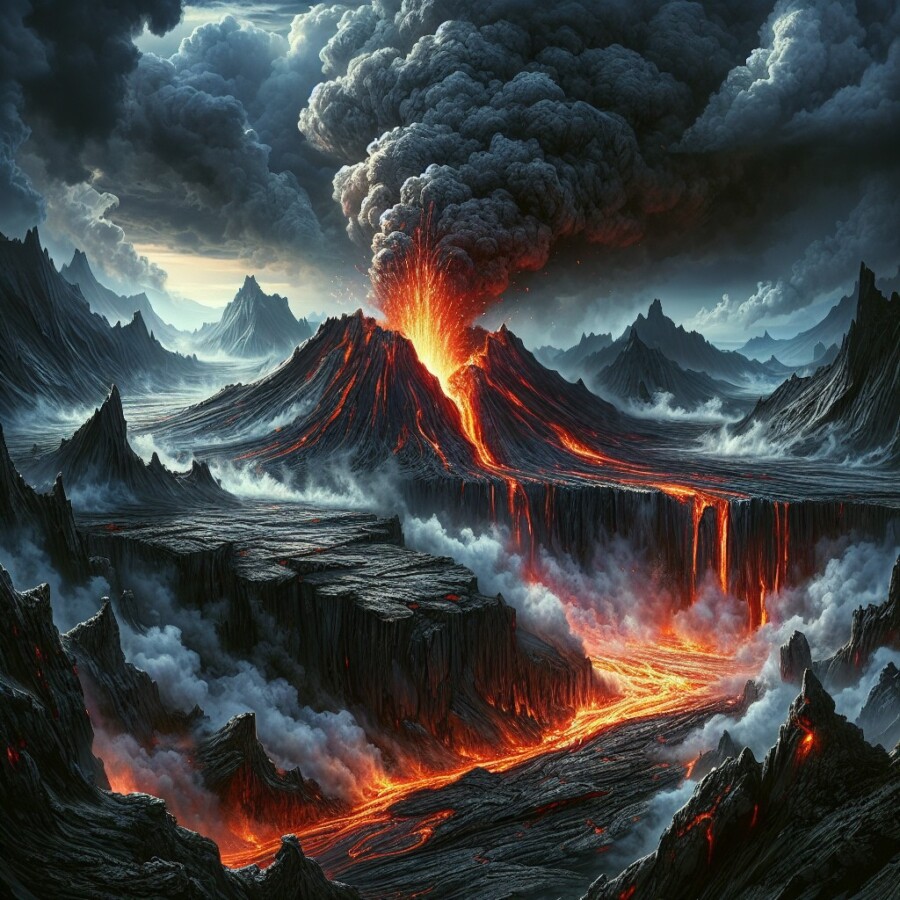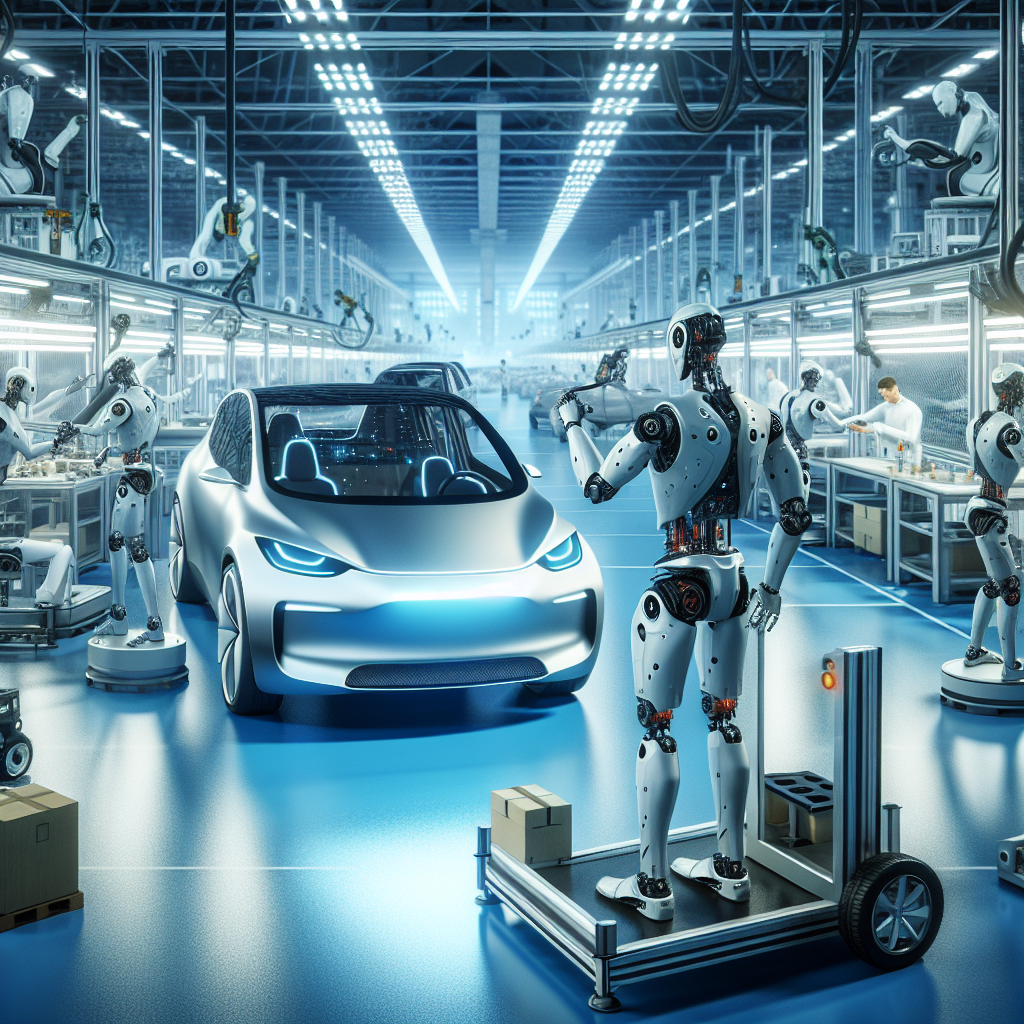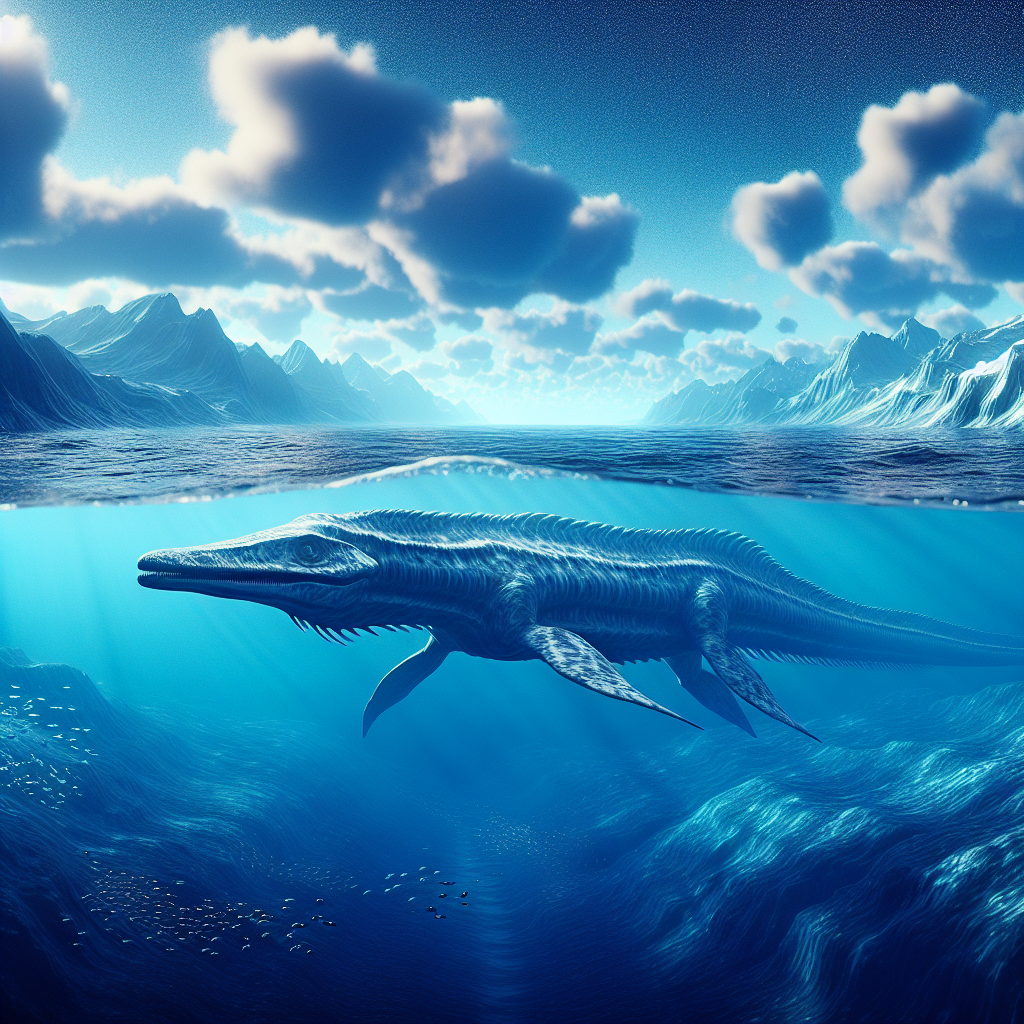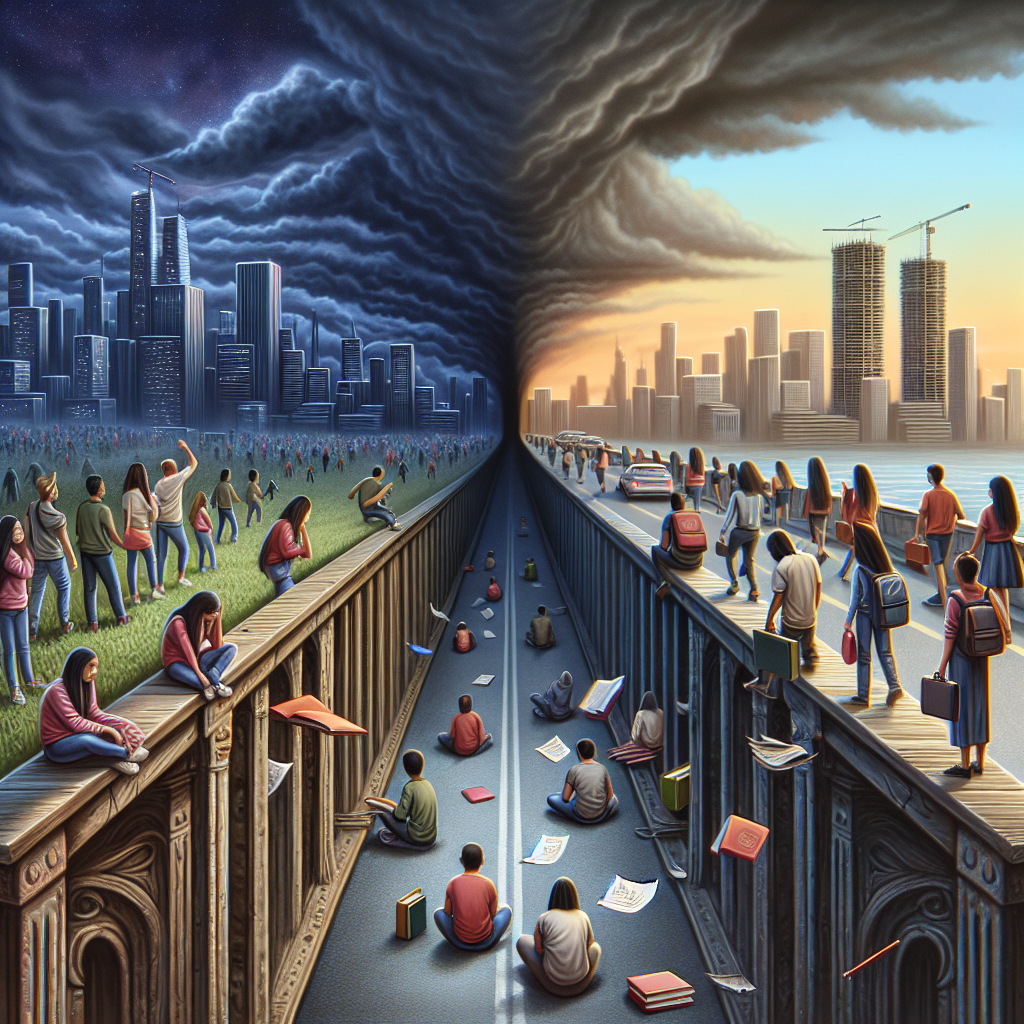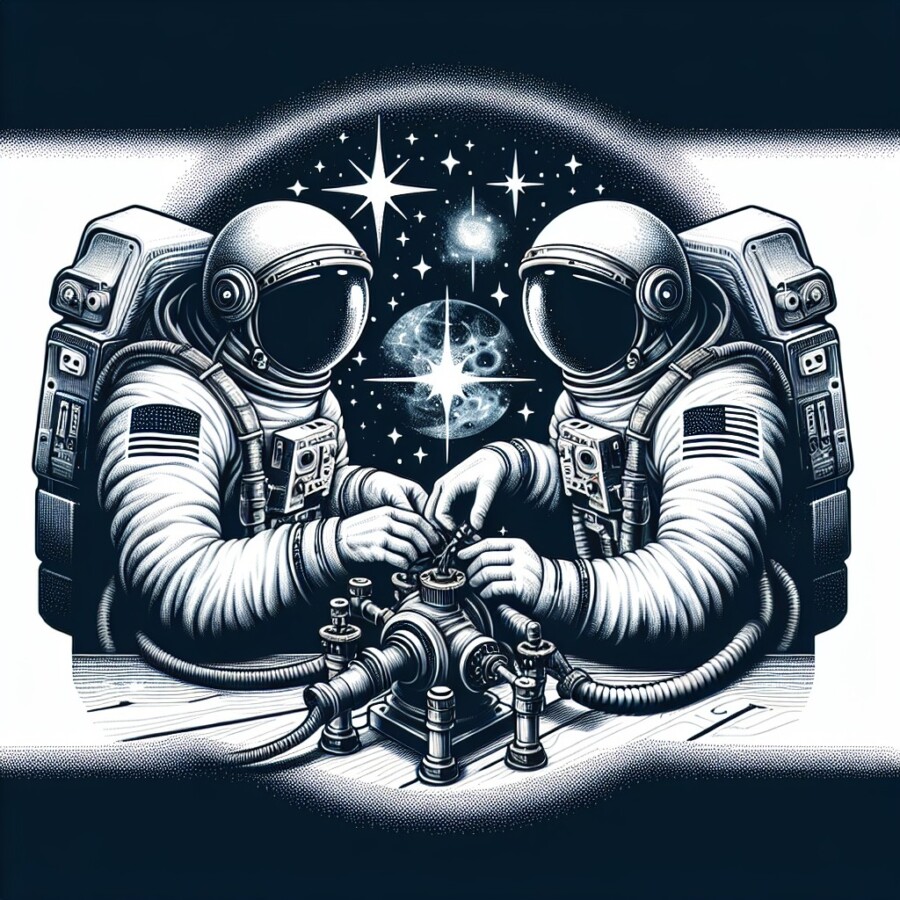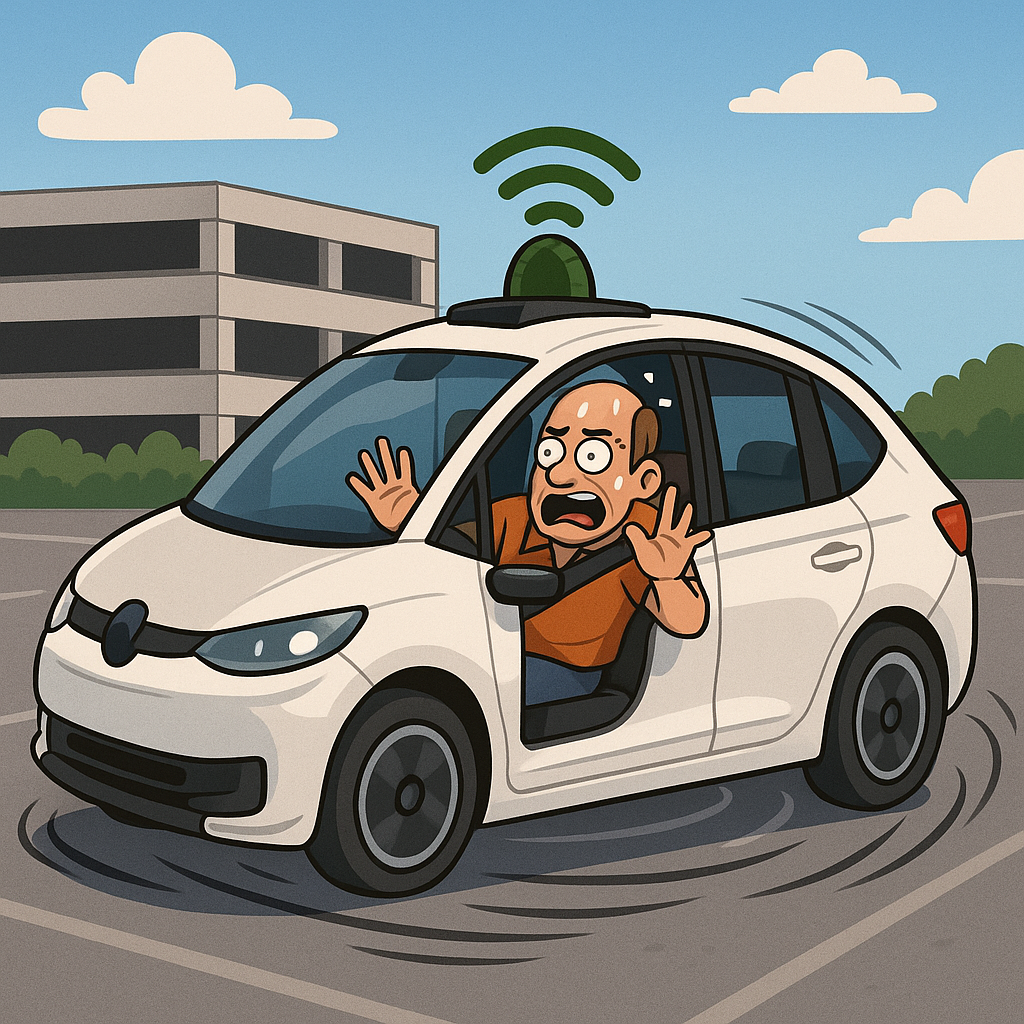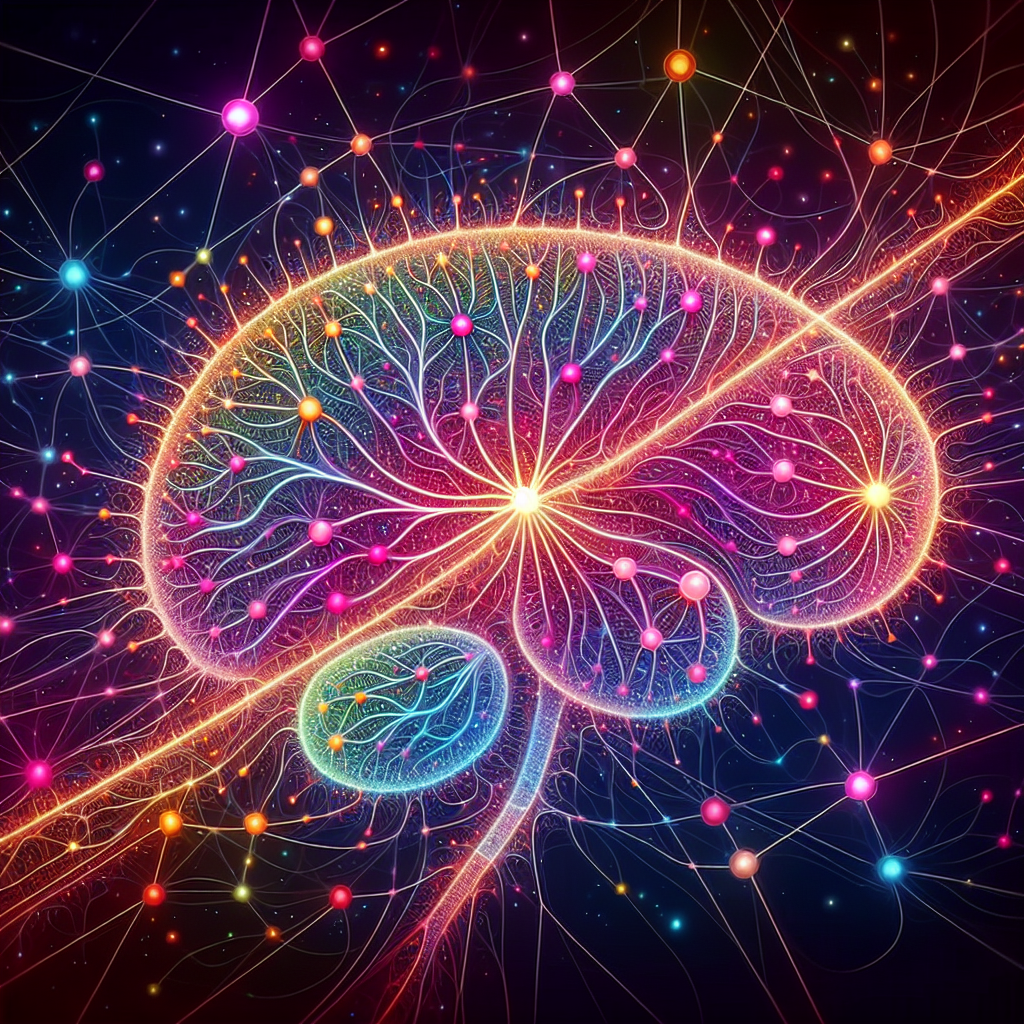Iceland is going through a time where there are more volcanoes erupting than usual. This happens because Iceland is a place where there are a lot of volcanoes. It’s located on a spot where hot stuff from deep inside the Earth comes up to the surface. Also, Iceland is on the edge of two big plates in the Earth’s crust that are moving apart, which makes room for magma to come up.
There are over 100 volcanoes in Iceland, and more than 30 of them are active right now. But the Reykjanes peninsula, where the recent eruptions are happening, hadn’t seen any lava flow for about 800 years. This is because the plates are always moving apart slowly, but sometimes they move more quickly. The rocks in the area show that there are times when nothing happens for about 1,000 years, and then there are eruptions that last a few hundred years. Scientists think there will be more small eruptions in the next few years and decades.
It’s hard to know exactly when and where these eruptions will happen. Scientists are watching the ground to see if magma is coming up, which can help them know if an eruption is about to happen. But it’s tough to say exactly where the eruption will be because the magma is under a big area and comes out through cracks that can be miles long. The people in charge in Iceland are doing things to keep people and buildings safe, but there are still risks like roads being blocked by lava and air pollution from the eruptions.
This volcanic activity could have a big impact on Iceland in the long run. The area where the eruptions are happening has a lot of people and important things like the main airport and power plants. There’s also a chance that the eruptions could move closer to the capital city, Reykjavik. Scientists are studying the volcanoes on the peninsula to learn more about how the magma moves and what might happen in the future. But there’s still a lot we don’t know as Iceland enters this new time of volcanic activity.
Original news source: Is Iceland entering a new volcanic era? (BBC)
🎧 Listen:
Slow
Normal
Fast
📖 Vocabulary:
| 1 | eruptions | When a volcano explodes and sends out ash, gas, and molten rock |
| 2 | peninsula | A piece of land that is surrounded by water on three sides |
| 3 | magma | Hot, liquid rock beneath the Earth’s surface |
| 4 | crust | The outer layer of the Earth |
| 5 | active | When something is currently in a state where it could easily start doing something or showing signs of activity |
| 6 | lava | Molten rock that comes out of a volcano onto the Earth’s surface |
| 7 | decades | Periods of ten years |
| 8 | scientists | People who study the natural world and try to understand how it works |
| 9 | pollution | Contamination or dirtiness in the air, water, or land |
| 10 | impact | The effect or influence something has on something else |
| 11 | peninsula | A piece of land that sticks out into the sea |
| 12 | studying | The process of closely examining or analyzing something in detail |
| 13 | volcanic | Related to volcanoes |
| 14 | risks | Possible dangers or problems |
| 15 | unknown | Not known or familiar |
Group or Classroom Activities
Warm-up Activities:
– News Summary
Instructions: Divide the class into pairs or small groups. Give each group a few minutes to read the article. Then, ask them to summarize the main points of the article in their own words. Encourage them to include important details and use complete sentences. After they have finished, have each group share their summary with the rest of the class.
– Opinion Poll
Instructions: Ask the students to form pairs or small groups. Give each group a few minutes to discuss their opinions on the volcanic activity in Iceland. Encourage them to consider both the positive and negative aspects. Then, have them create a list of questions related to the topic, such as “Do you think the volcanic activity will have a positive or negative impact on Iceland’s economy?” or “Do you believe the government is doing enough to keep people safe?” Once they have their questions, have each group take turns asking their questions to the rest of the class, and record the responses.
– Vocabulary Pictionary
Instructions: Divide the class into pairs or small groups. Give each group a list of vocabulary words from the article, such as “volcanoes,” “eruptions,” “magma,” “crust,” etc. Then, one person from each group will choose a word and silently draw a picture to represent that word. The rest of the group must guess what word the person is drawing. Once the word is guessed correctly, the next person in the group will choose a word and continue the game.
– Sketch It
Instructions: Divide the class into pairs or small groups. Give each group a few minutes to discuss and brainstorm ideas about what the volcanic activity in Iceland might look like. Then, ask each group to choose one person to be the “sketcher” and the other person(s) to be the “describer(s).” The describer(s) will have to give verbal instructions to the sketcher on how to draw the scene or event they imagined. After a set amount of time, have each group share their sketches with the rest of the class.
– Future Predictions
Instructions: Ask the students to form pairs or small groups. Give each group a few minutes to discuss and make predictions about the future of volcanic activity in Iceland. Encourage them to consider factors such as the movement of the plates, the history of eruptions, and the potential impact on the country. Then, have each group share their predictions with the rest of the class and engage in a discussion about the likelihood of each prediction.
🤔 Comprehension Questions:
1. Why does Iceland have more volcanoes erupting than usual?
2. How many active volcanoes are there in Iceland right now?
3. Why hadn’t the Reykjanes peninsula seen any lava flow for about 800 years?
4. What do scientists do to try and predict when and where an eruption will happen?
5. What are some of the risks associated with volcanic eruptions in Iceland?
6. Why could this volcanic activity have a big impact on Iceland?
7. What important things are located in the area where the eruptions are happening?
8. What are scientists studying about the volcanoes on the Reykjanes peninsula?
Go to answers ⇩
🎧✍️ Listen and Fill in the Gaps:
(1)______ is going through a time where there are more volcanoes erupting than usual. This (2)______ because Iceland is a place where there are a lot of volcanoes. It’s located on a spot where hot stuff from deep inside the Earth comes up to the surface. Also, Iceland is on the edge of two big plates in the Earth’s crust that are (3)______ apart, which makes room for magma to come up.
There are over 100 volcanoes in Iceland, and more than 30 of them are active right now. But the (4)______ peninsula, where the (5)______ eruptions are happening, hadn’t seen any lava flow for about 800 years. This is because the plates are always moving apart slowly, but sometimes they move more quickly. The rocks in the area show that there are times when nothing happens for about 1,000 years, and then there are eruptions that last a few hundred years. (6)______ think there will be more (7)______ eruptions in the next few years and (8)______.
It’s hard to know exactly when and where these eruptions will (9)______. Scientists are watching the ground to see if (10)______ is coming up, which can help them know if an eruption is about to happen. But it’s tough to say exactly where the eruption will be because the magma is under a big area and comes out through cracks that can be (11)______ long. The people in charge in Iceland are doing things to keep people and buildings safe, but there are still risks like roads being blocked by lava and air (12)______ from the eruptions.
This volcanic activity could have a big impact on Iceland in the long run. The area where the eruptions are happening has a lot of (13)______ and important things like the main airport and power (14)______. There’s also a chance that the eruptions could move closer to the capital city, Reykjavik. Scientists are studying the volcanoes on the peninsula to learn more about how the magma moves and what might happen in the (15)______. But there’s still a lot we don’t know as Iceland (16)______ this new time of volcanic activity.
Go to answers ⇩
💬 Discussion Questions:
Students can ask a partner these questions, or discuss them as a group.
1. What is a volcano?
2. How would you feel if you lived near an active volcano?
3. Do you like learning about natural disasters like volcanic eruptions? Why or why not?
4. Do you think it’s scary to live in a place like Iceland with many active volcanoes? Why or why not?
5. What do you think are some of the risks of volcanic eruptions?
6. How do you think volcanic activity can impact the environment?
7. Have you ever experienced an earthquake or any other natural disaster? If so, how did it make you feel?
8. Do you think it’s important for scientists to study volcanoes? Why or why not?
9. How do you think volcanic eruptions can affect people’s daily lives?
10. What do you think the government in Iceland should do to keep people safe during volcanic eruptions?
11. Have you ever visited a place with volcanic activity? If so, what was it like?
12. How do you think volcanic eruptions can affect the economy of a country like Iceland?
13. What precautions do you think people should take if they live near an active volcano?
14. Do you think it’s possible to predict when a volcanic eruption will happen? Why or why not?
15. How would you feel if you had to evacuate your home due to a volcanic eruption? Why?
Individual Activities
📖💭 Vocabulary Meanings:
Match each word to its meaning.
Words:
1. eruptions
2. peninsula
3. magma
4. crust
5. active
6. lava
7. decades
8. scientists
9. pollution
10. impact
11. peninsula
12. studying
13. volcanic
14. risks
15. unknown
Meanings:
(A) Possible dangers or problems
(B) People who study the natural world and try to understand how it works
(C) Periods of ten years
(D) The effect or influence something has on something else
(E) When something is currently in a state where it could easily start doing something or showing signs of activity
(F) Hot, liquid rock beneath the Earth’s surface
(G) Contamination or dirtiness in the air, water, or land
(H) A piece of land that is surrounded by water on three sides
(I) Related to volcanoes
(J) The outer layer of the Earth
(K) A piece of land that sticks out into the sea
(L) When a volcano explodes and sends out ash, gas, and molten rock
(M) The process of closely examining or analyzing something in detail
(N) Not known or familiar
(O) Molten rock that comes out of a volcano onto the Earth’s surface
Go to answers ⇩
🔡 Multiple Choice Questions:
1. Why is Iceland experiencing more volcanic eruptions than usual?
(a) Iceland is located on a spot where cold stuff from deep inside the Earth comes up to the surface.
(b) Iceland is located on a spot where hot stuff from deep inside the Earth comes up to the surface.
(c) Iceland is located on a spot where there are no volcanoes.
(d) Iceland is located on a spot where volcanoes are dormant.
2. How many volcanoes are there in Iceland?
(a) Less than 10
(b) Over 100
(c) Exactly 30
(d) More than 50
3. Why hadn’t there been any lava flow in the Reykjanes peninsula for about 800 years?
(a) The plates were moving apart quickly.
(b) The plates were moving together.
(c) The plates were moving apart slowly.
(d) The plates were not moving at all.
4. What do scientists think will happen in the next few years and decades?
(a) There will be more small eruptions.
(b) There will be no more eruptions.
(c) There will be a major eruption.
(d) There will be fewer eruptions.
5. Why is it difficult to predict exactly when and where eruptions will happen?
(a) The magma is located in a small area and comes out through small cracks.
(b) The magma is located on the surface and comes out through large cracks.
(c) The magma is under a big area and comes out through cracks that can be miles long.
(d) The magma is located deep underground and comes out through small cracks.
6. What are the risks associated with the volcanic eruptions in Iceland?
(a) Roads being blocked by lava and air pollution from the eruptions.
(b) Earthquakes and tsunamis.
(c) Flooding and landslides.
(d) None of the above.
7. What important things are located in the area where the eruptions are happening?
(a) Schools and hospitals.
(b) Shopping malls and restaurants.
(c) Museums and theaters.
(d) The main airport and power plants.
8. What are scientists studying the volcanoes on the Reykjanes peninsula for?
(a) To learn more about the history of volcanic eruptions in Iceland.
(b) To find a way to stop the volcanic eruptions.
(c) To find a way to predict exactly when and where eruptions will happen.
(d) To learn more about how the magma moves and what might happen in the future.
Go to answers ⇩
🕵️ True or False Questions:
1. Iceland is currently experiencing a decreased number of volcanic eruptions.
2. It is challenging to predict the exact timing and location of these eruptions due to the vast underground magma system and the long cracks through which it can emerge.
3. The country is situated on the edge of two large plates in the Earth’s crust that are moving apart, allowing magma to rise to the surface.
4. Scientists believe there will be more smaller eruptions in the coming years and decades.
5. This is because Iceland is located in an area with a low concentration of volcanoes.
6. The volcanic activity poses risks such as blocked roads due to lava flow and air pollution from the eruptions, potentially impacting populated areas and important infrastructure in Iceland.
7. The recent eruptions on the Reykjanes peninsula are insignificant because the area had seen constant lava flows within the last 10 years.
8. There are over 100 volcanoes in Iceland, with more than 30 of them currently inactive.
Go to answers ⇩
📝 Write a Summary:
Write a summary of this news article in two sentences.
Check your writing now with the best free AI for English writing!
Writing Questions:
Answer the following questions. Write as much as you can for each answer.
Check your answers with our free English writing assistant!
1. Why are there more volcanoes erupting in Iceland than usual?
2. What causes the movement of magma to the surface in Iceland?
3. How often do eruptions occur on the Reykjanes peninsula?
4. How do scientists try to predict when and where eruptions will happen?
5. What are some of the risks associated with volcanic eruptions in Iceland?
✅ Answers
🤔✅ Comprehension Question Answers:
1. Iceland has more volcanoes erupting than usual because it is located on a spot where hot stuff from deep inside the Earth comes up to the surface, and it is on the edge of two big plates in the Earth’s crust that are moving apart, allowing magma to come up.
2. There are over 100 volcanoes in Iceland, and more than 30 of them are active right now.
3. The Reykjanes peninsula hadn’t seen any lava flow for about 800 years because the plates in that area are always moving apart slowly, but sometimes they move more quickly. The rocks in the area show that there are times when nothing happens for about 1,000 years, and then there are eruptions that last a few hundred years.
4. Scientists watch the ground to see if magma is coming up, which can help them know if an eruption is about to happen. However, it is difficult to predict exactly where the eruption will be because the magma is under a large area and comes out through cracks that can be miles long.
5. Some of the risks associated with volcanic eruptions in Iceland include roads being blocked by lava and air pollution from the eruptions.
6. This volcanic activity could have a big impact on Iceland because the area where the eruptions are happening has a lot of people and important things like the main airport and power plants. There is also a chance that the eruptions could move closer to the capital city, Reykjavik.
7. The area where the eruptions are happening is home to important things like the main airport and power plants.
8. Scientists are studying the volcanoes on the Reykjanes peninsula to learn more about how the magma moves and what might happen in the future.
Go back to questions ⇧
🎧✍️✅ Listen and Fill in the Gaps Answers:
(1) Iceland
(2) happens
(3) moving
(4) Reykjanes
(5) recent
(6) Scientists
(7) small
(8) decades
(9) happen
(10) magma
(11) miles
(12) pollution
(13) people
(14) plants
(15) future
(16) enters
Go back to questions ⇧
📖💭✅ Vocabulary Meanings Answers:
1. eruptions
Answer: (L) When a volcano explodes and sends out ash, gas, and molten rock
2. peninsula
Answer: (H) A piece of land that is surrounded by water on three sides
3. magma
Answer: (F) Hot, liquid rock beneath the Earth’s surface
4. crust
Answer: (J) The outer layer of the Earth
5. active
Answer: (E) When something is currently in a state where it could easily start doing something or showing signs of activity
6. lava
Answer: (O) Molten rock that comes out of a volcano onto the Earth’s surface
7. decades
Answer: (C) Periods of ten years
8. scientists
Answer: (B) People who study the natural world and try to understand how it works
9. pollution
Answer: (G) Contamination or dirtiness in the air, water, or land
10. impact
Answer: (D) The effect or influence something has on something else
11. peninsula
Answer: (K) A piece of land that sticks out into the sea
12. studying
Answer: (M) The process of closely examining or analyzing something in detail
13. volcanic
Answer: (I) Related to volcanoes
14. risks
Answer: (A) Possible dangers or problems
15. unknown
Answer: (N) Not known or familiar
Go back to questions ⇧
🔡✅ Multiple Choice Answers:
1. Why is Iceland experiencing more volcanic eruptions than usual?
Answer: (b) Iceland is located on a spot where hot stuff from deep inside the Earth comes up to the surface.
2. How many volcanoes are there in Iceland?
Answer: (b) Over 100
3. Why hadn’t there been any lava flow in the Reykjanes peninsula for about 800 years?
Answer: (c) The plates were moving apart slowly.
4. What do scientists think will happen in the next few years and decades?
Answer: (a) There will be more small eruptions.
5. Why is it difficult to predict exactly when and where eruptions will happen?
Answer: (c) The magma is under a big area and comes out through cracks that can be miles long.
6. What are the risks associated with the volcanic eruptions in Iceland?
Answer: (a) Roads being blocked by lava and air pollution from the eruptions.
7. What important things are located in the area where the eruptions are happening?
Answer: (d) The main airport and power plants.
8. What are scientists studying the volcanoes on the Reykjanes peninsula for?
Answer: (d) To learn more about how the magma moves and what might happen in the future.
Go back to questions ⇧
🕵️✅ True or False Answers:
1. Iceland is currently experiencing a decreased number of volcanic eruptions. (Answer: False)
2. It is challenging to predict the exact timing and location of these eruptions due to the vast underground magma system and the long cracks through which it can emerge. (Answer: True)
3. The country is situated on the edge of two large plates in the Earth’s crust that are moving apart, allowing magma to rise to the surface. (Answer: True)
4. Scientists believe there will be more smaller eruptions in the coming years and decades. (Answer: True)
5. This is because Iceland is located in an area with a low concentration of volcanoes. (Answer: False)
6. The volcanic activity poses risks such as blocked roads due to lava flow and air pollution from the eruptions, potentially impacting populated areas and important infrastructure in Iceland. (Answer: True)
7. The recent eruptions on the Reykjanes peninsula are insignificant because the area had seen constant lava flows within the last 10 years. (Answer: False)
8. There are over 100 volcanoes in Iceland, with more than 30 of them currently inactive. (Answer: False)
Go back to questions ⇧



